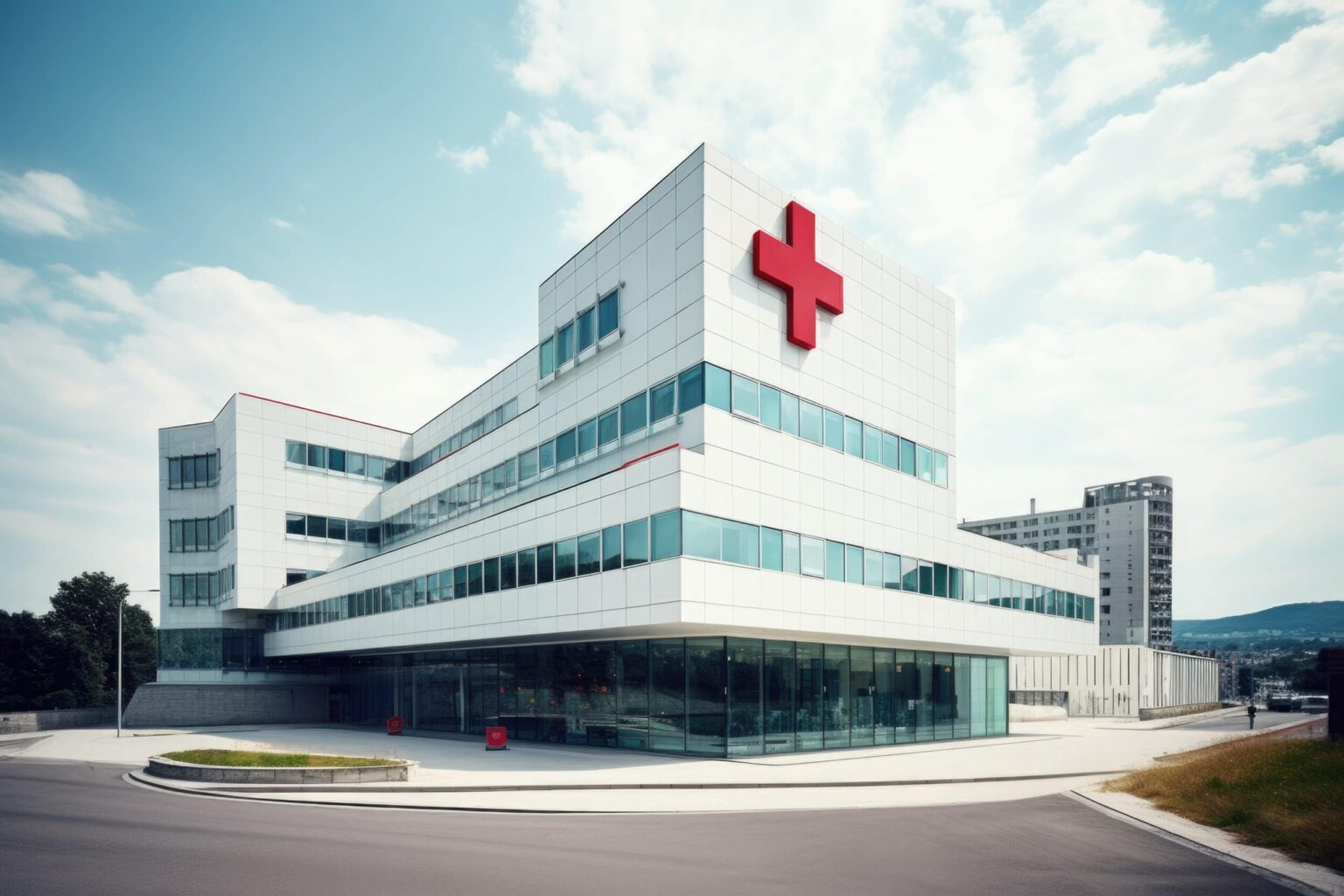Quality healthcare is a fundamental human right, and its provision relies heavily on the infrastructure that supports it. Adequate medical facilities play a pivotal role in promoting and sustaining quality healthcare services. From accessible clinics to state-of-the-art hospitals, the presence of proper medical facilities ensures that individuals receive timely and effective medical attention, thereby enhancing overall health outcomes.
One of the primary benefits of well-equipped medical facilities is improved patient outcomes. Access to advanced diagnostic equipment, such as MRI machines, CT scanners, and laboratory facilities, enables healthcare providers to accurately diagnose illnesses and design personalized treatment plans. This not only enhances the effectiveness of medical interventions but also minimizes the risk of misdiagnosis or delayed treatment.
Moreover, proper medical facilities facilitate timely access to essential medical services. In regions where healthcare infrastructure is lacking, individuals often face barriers to accessing healthcare, leading to disparities in health outcomes. By establishing clinics, hospitals, and medical centers in both urban and rural areas, healthcare becomes more accessible to a broader population, ensuring that no one is left behind in receiving essential medical care.
Furthermore, well-designed medical facilities contribute to patient comfort and satisfaction. Comfortable and hygienic environments promote healing and recovery while instilling confidence in patients about the quality of care they receive. Additionally, facilities equipped with amenities such as spacious waiting areas, clean restrooms, and accommodating staff enhance the overall patient experience, fostering trust and positive relationships between patients and healthcare providers.
Proper medical facilities also attract and retain skilled healthcare professionals. Physicians, nurses, and other healthcare workers are more likely to practice in environments that offer modern facilities and resources essential for delivering high-quality care. This, in turn, ensures a consistent supply of qualified healthcare professionals, strengthening the healthcare workforce and improving the continuity of care provided to patients.
In conclusion, the presence of proper medical facilities is indispensable for promoting quality healthcare. Beyond serving as physical spaces for delivering medical services, these facilities are integral to improving patient outcomes, enhancing access to care, fostering patient satisfaction, and attracting healthcare professionals. As we strive to build resilient and equitable healthcare systems, investing in the development and maintenance of robust medical infrastructure must remain a priority, ensuring that everyone has access to the quality care they deserve.



